Graduate CVs and Covering Letters
Palgrave Career Skills
Graduate CVs and Covering Letters
Bruce Woodcock and Jenny Keaveney

Bruce Woodcock and Jenny Keaveney 2017
All rights reserved. No reproduction, copy or transmission of this publication may be made without written permission.
No portion of this publication may be reproduced, copied or transmitted save with written permission or in accordance with the provisions of the Copyright, Designs and Patents Act 1988, or under the terms of any licence permitting limited copying issued by the Copyright Licensing Agency, Saffron House, 610 Kirby Street, London EC1N 8TS.
Any person who does any unauthorized act in relation to this publication may be liable to criminal prosecution and civil claims for damages.
The authors have asserted their rights to be identified as the authors of this work in accordance with the Copyright, Designs and Patents Act 1988.
First published 2017 by
PALGRAVE
Palgrave in the UK is an imprint of Macmillan Publishers Limited, registered in England, company number 785998, of 4 Crinan Street, London, N1 9XW.
Palgrave and Macmillan are registered trademarks in the United States, the United Kingdom, Europe and other countries.
ISBN 9781137606266 paperback
This book is printed on paper suitable for recycling and made from fully managed and sustained forest sources. Logging, pulping and manufacturing processes are expected to conform to the environmental regulations of the country of origin.
A catalogue record for this book is available from the British Library.
A catalog record for this book is available from the Library of Congress.
Dedication
Bruce
To my wonderful wife and sons: Beth, Gavin and Ewan
Jenny
To Arthur
Chapter
Introduction
Contents
Why will this book be useful to you?
What is a CV?
When should you use a CV?
How do student and graduate CVs differ from other CVs?
Why will this book be useful to you?
As university careers advisers we receive vast numbers of queries about CVs, from students and graduates applying for anything from part-time casual jobs to postdoctoral research posts.
Although there are many books on CV writing, it can be hard for students and recent graduates to find one that relates specifically to them. Most books on CVs are written either for non-graduates or for experienced managers and staff.
This book aims to fill that gap by offering advice targeted towards students and recent graduates. Whether you are applying for a part-time or summer job, an internship or placement, or a graduate training scheme, this book will help you to write an effective CV that will make you stand out to employers.
It is not easy for students and graduates to find the right job. The Association of Graduate Recruiters annual survey carried out in 2015 (http://www.agr.org.uk/surveys) showed an average of 65 applications for every graduate scheme vacancy. In popular areas such as the media or investment banking, employers will receive over a hundred CVs for every job! The increasing demand for graduates to demonstrate employability skills and work experience in addition to their academic achievement, and the need for many students to earn money to support themselves through their studies, means that this high level of competition has trickled down to even casual and part-time jobs.
A quality CV will not only help you to stand out from other candidates but can also help you to learn more about your skills and other attributes.
What is a CV?
CV stands for curriculum vitae, a Latin phrase which translates literally as course of life. A more useful and detailed definition is:
 A summary of a job applicants experience and educational background, together with other relevant information about the candidate.
A summary of a job applicants experience and educational background, together with other relevant information about the candidate. 
You may also see the word rsum used as an alternative for CV. It is derived from the French word which means condensed account or summary. This is the standard term in the USA, where they generally drop the accents and just write resume but still keep the French pronunciation (re-zoom-ay rather than rez-yoom). Slightly strangely, the usual term in France is CV, not rsum.
The word summary gives a better idea of what a CV actually is than does course of life. A CV is not the same thing as a life story or autobiography. The information it provides is selected and focused, with the purpose of demonstrating to the employer that you are a good candidate for the job.
Perhaps the first CV ever written was the one used by Leonardo da Vinci over 500 years ago to apply for a position at the court of Ludovico Sforza, the Duke of Milan. You can find it online at http://www.mycareertopia.com/resume-secrets-davinci-cv. Considering how long ago it was written, it is very good: it is concise and Leonardo designed it to market himself to the duke by highlighting the skills he could offer in military engineering. Not surprisingly, he got the job!
Leonardos CV was more of a letter of application than what we would call a CV today. The modern CV sets out the candidates experience, qualifications, and so on, much more briefly, using headings, bullet points and a note format to allow the reader to take in as much information as possible at a glance.
Your CV is more than just a summary of your education and experience. It is a marketing document; an advert that sells you to an employer by showcasing your unique set of skills and attributes. To be successful, you need to make it as relevant as possible to the job and the employer.
When should you use a CV?
A CV will not be acceptable for every job application. Many employers, particularly large employers running graduate recruitment schemes and also most public sector employers, will use their own application form. In these cases, you will not normally be expected to send a CV as well. And, if you are asked to fill out one of these application forms, dont ever try to send a CV instead! The employer will have spent a lot of time designing the form in a way that allows them to get the information they need about candidates and to compare candidates quickly and easily so if an applicant cant be bothered to fill out the form, the employer will not be bothered to read his or her CV!
CVs, though, are commonly used by smaller employers, employers in the media and creative sectors, and recruitment agencies. It is therefore always useful to have a CV ready to use when, for example, you are applying for part-time and vacation jobs during your studies or if you are applying for a graduate job or internship with an employer that does ask for a CV. You can also use a CV to make speculative approaches contacting employers who have not advertised a vacancy but who you hope may be able to offer you a suitable job or work experience.
Preparing a CV and keeping it up to date does not only mean that you always have a document ready to send out quickly when needed. Summarising and writing down your skills and achievements will also help you to get an insight into what might suit you and to plan your career development.
How do student and graduate CVs differ from other CVs?
Parents sometimes give well-meaning advice to their offspring on how they should write a CV. Unless you are lucky enough to have a parent who works in graduate recruitment, this advice may not always be helpful. Not only can it be out of date, if it has been a long time since your mum or dad applied for a job, but also their advice could be appropriate for someone already in work, but not for a student. Although CVs for students and graduates do have a number of factors in common with other CVs, there are some differences of emphasis.
Next page
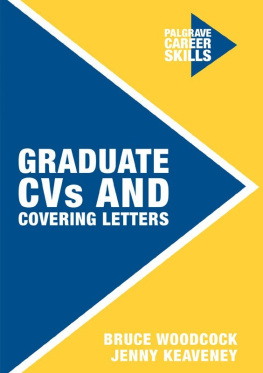

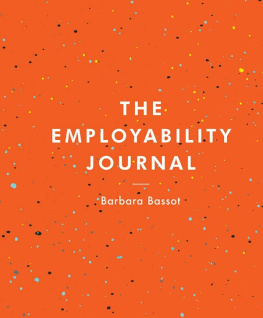
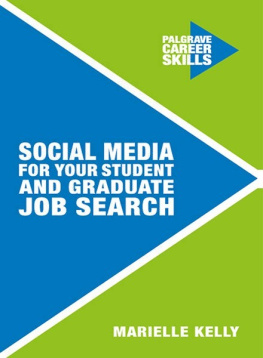

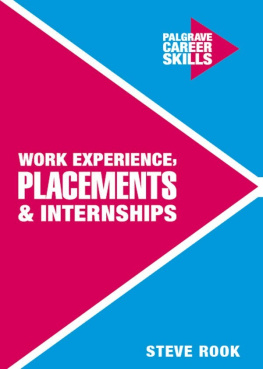
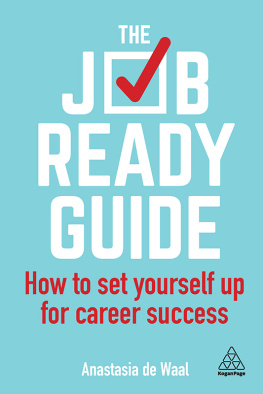
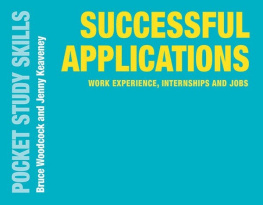
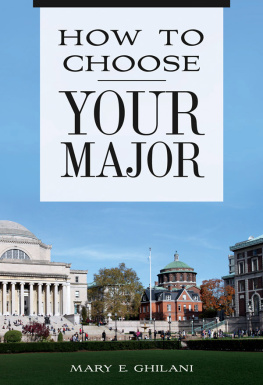
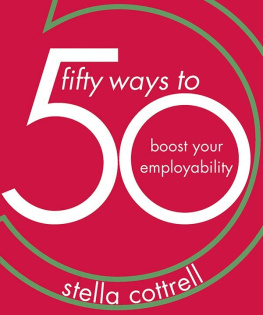

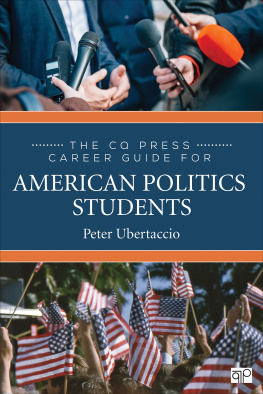

 A summary of a job applicants experience and educational background, together with other relevant information about the candidate.
A summary of a job applicants experience and educational background, together with other relevant information about the candidate. 